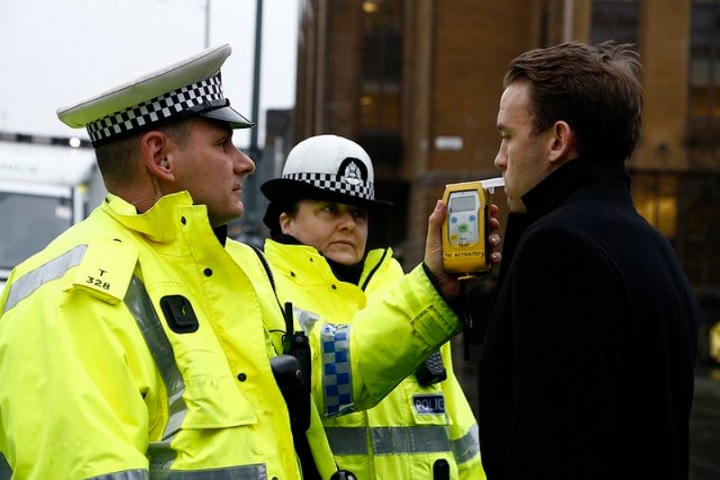
The next generation Mobile Evidential Breath Testing Instruments (MEBTI) could be in use before the end of 2022 – but will not be used at the roadside, as originally envisaged.
For the past few years, the Parliamentary Advisory Council for Transport Safety (PACTS) has been running a competition, with funding from the DfT, to encourage companies to develop ‘roadside’ breath-testing equipment, of an evidential standard, and to obtain Home Office Type Approval (HOTA).
The concept was that this equipment would then be available for use by the police, with the evidence accepted by the courts – thereby avoiding the need to take a driver to a police station for evidential testing.
However, as revealed by PACTS’ executive director David Davies in a presentation delivered yesterday (17 Nov) as part of the Festival of Road Safety, the equipment is unlikely to be used at the roadside as originally envisaged.
- Watch David Davies’ presentation (scroll down to Weds 17 Nov)
The police have had the powers to undertake roadside breath testing since 2010, but more than 10 years on there is no equipment available which has passed Home Office Type Approval – which David Davies described as ‘disappointing’.
As a result of the MEBTI competition, ‘one or more devices are likely to achieve HOTA in 2022’, and there are ‘reasonable prospects’ of them being available for police use by late 2022.
David Davies said in the early stages of the competition, they imagined something like drug wipes, but these new MEBTI ‘are not something you can just slip into your pocket’.
The new equipment will be used to replace and/or supplement existing breath testing machines in police stations and will be able to be moved without de/recommissioning between police stations and hospitals.
When asked why the new machines won’t be used at the roadside, Francis Meylan from Nottinghamshire Police Traffic Management, who joined the session for the Q&A, said that while legislation changed some years ago, ‘culture has changed’ in the intervening years and police are ‘now more aware of their duty of care, and legislation has not kept up with this’.
The cost of the equipment was also mentioned as another reason why it will not be in widespread use for roadside testing.
Comment on this story